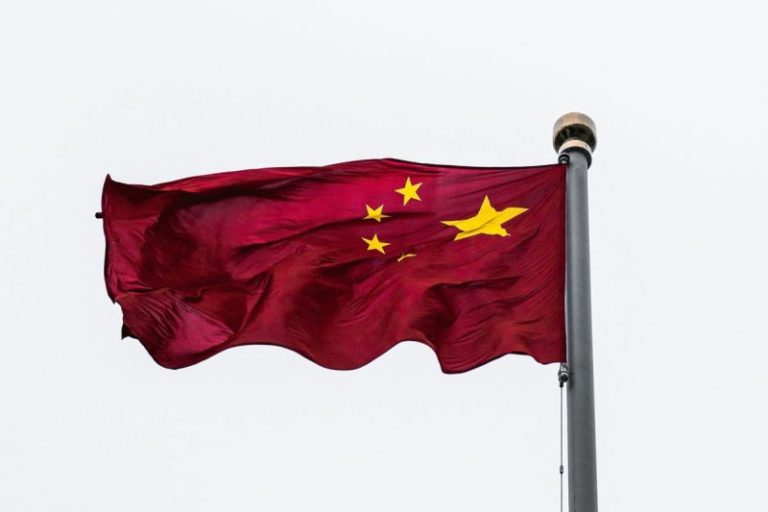China has lodged a formal complaint with the World Trade Organization (WTO) in response to Canada’s recently announced tariffs on Chinese-made electric vehicles (EVs), as well as steel and aluminum.
Bloomberg reported on Friday (September 6) that China’s commerce ministry has called for Canada to reverse its decision to impose tariffs of up to 100 percent on EVs and 25 percent on steel and aluminum imports from China.
Beijing claims that these measures, which are set to take effect in October, constitute trade protectionism that violates international rules and distorts global supply chains.
The Trudeau administration announced the tariffs on August 26, citing the need to protect various industries in the country from what it believes are unfair trade practices from China. The EV tariffs, which will apply to various types of passenger vehicles, including hybrid cars, trucks and buses, are scheduled to begin on October 1.
Meanwhile, the 25 percent levy on Chinese steel and aluminum is set to start on October 15.
China’s WTO case against Canada marks its third this year after similar disputes with the US and the EU.
The Asian nation has also initiated an anti-dumping investigation into canola imports from Canada, raising concerns that trade tensions between the two countries may escalate further. The probe was announced last week by China’s commerce ministry, signaling that Beijing may take further retaliatory actions if the tariffs are not withdrawn.
Canada has defended the tariffs as necessary for maintaining a level playing field, particularly for its EV and metal sectors. Prime Minister Justin Trudeau has previously stated that China’s trade practices, including state-directed overproduction, have created market imbalances that undermine competition and threaten Canadian jobs.
The tariffs are intended to counteract the impact of Chinese subsidies and overcapacity in these industries.
As mentioned, the dispute between China and Canada is part of a broader trend of rising trade tensions between China and the west, driven in part by concerns over the rapid growth of Chinese exports in high-tech sectors.
The US, which implemented 100 percent tariffs on Chinese-made EVs in May, has imposed additional duties on goods related to EV production, including solar cells, semiconductors and lithium-ion batteries.
The EU also introduced new tariffs on Chinese EVs earlier this year, with rates ranging from 17.4 percent to 37.6 percent. These measures are aimed at reducing the market influence of low-cost Chinese vehicles.
Securities Disclosure: I, Giann Liguid, hold no direct investment interest in any company mentioned in this article.

